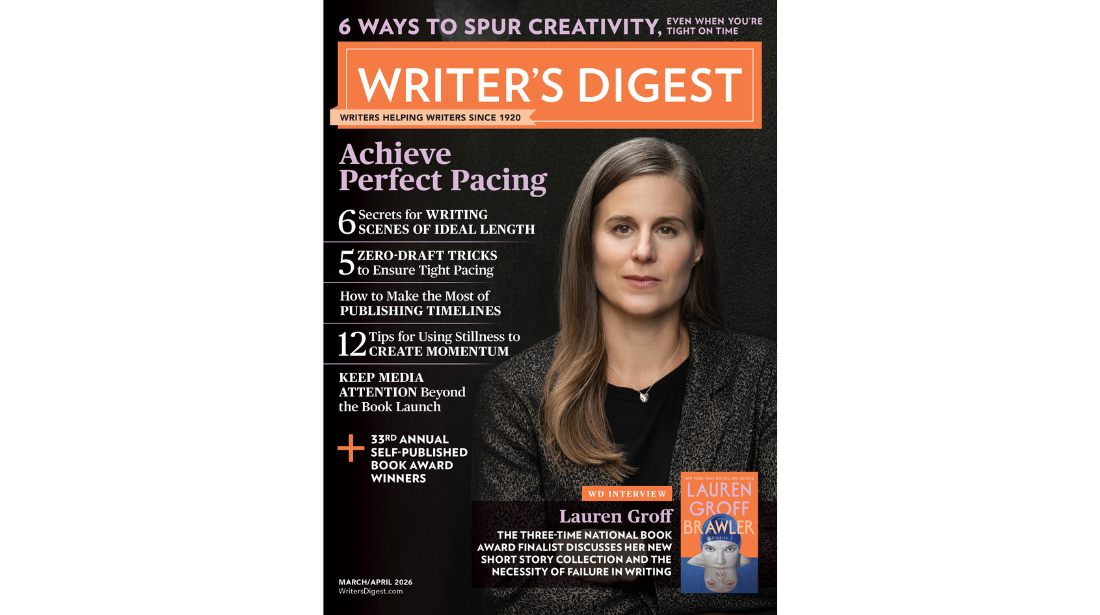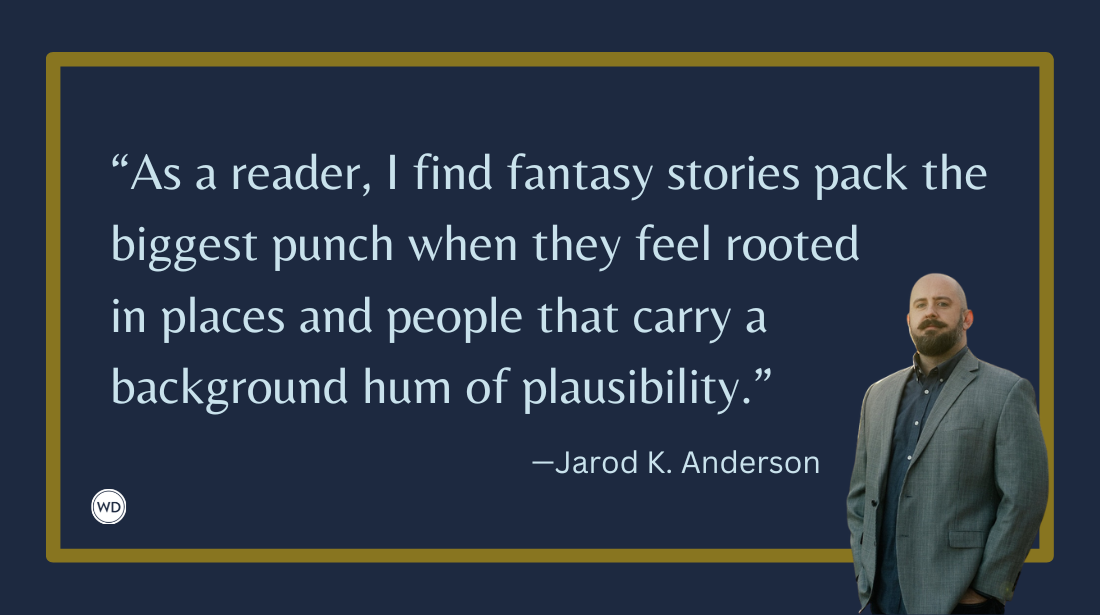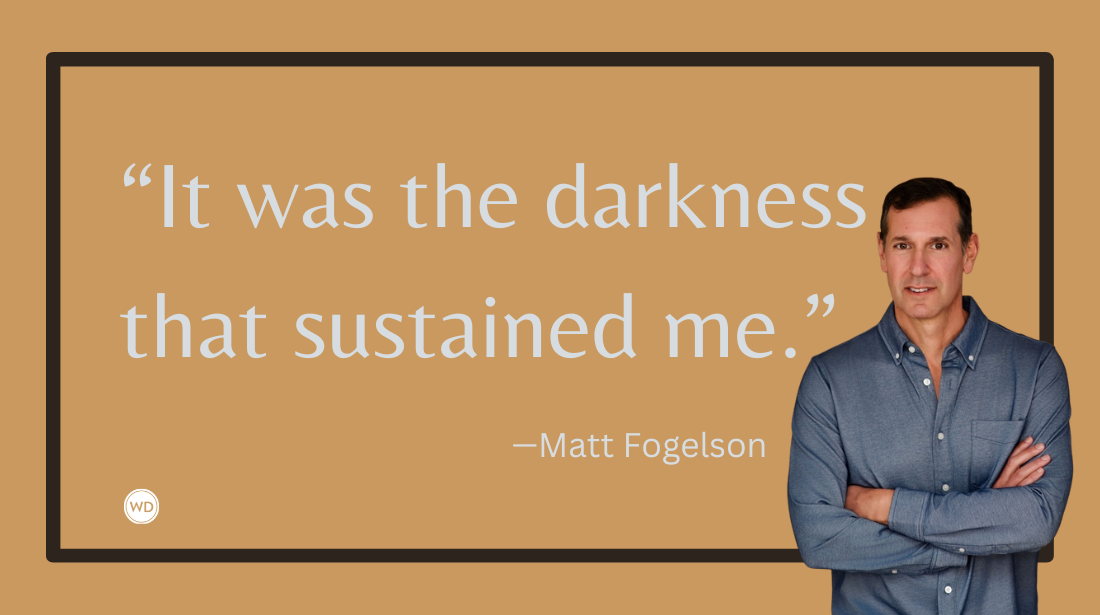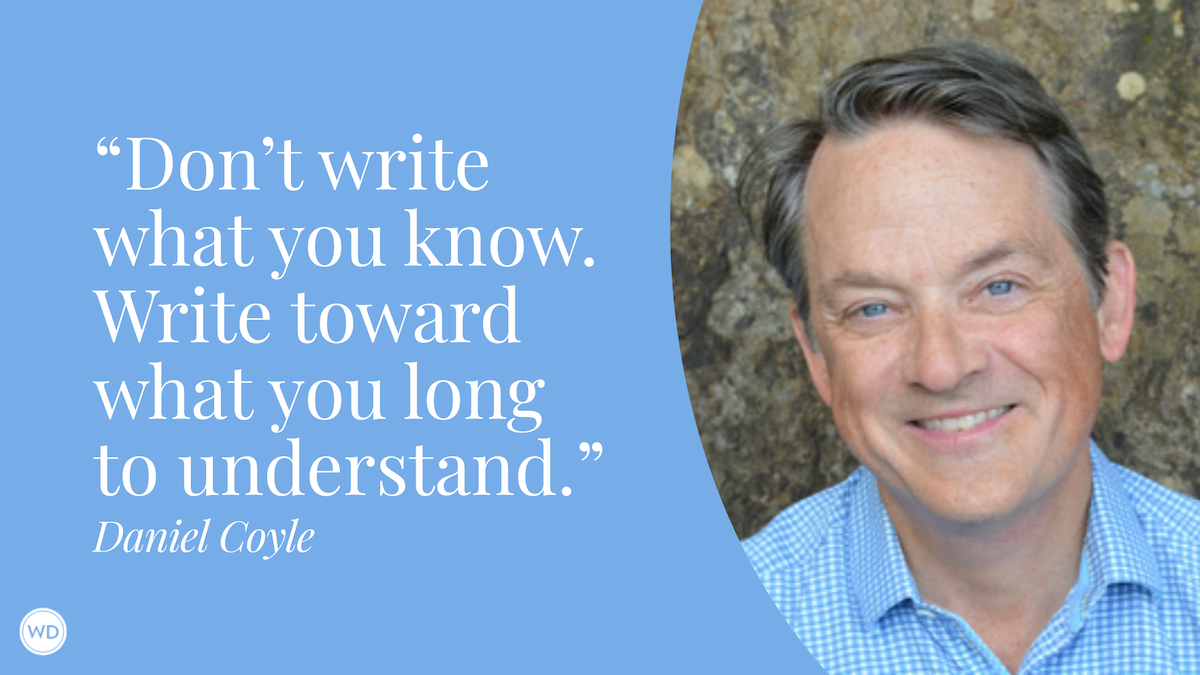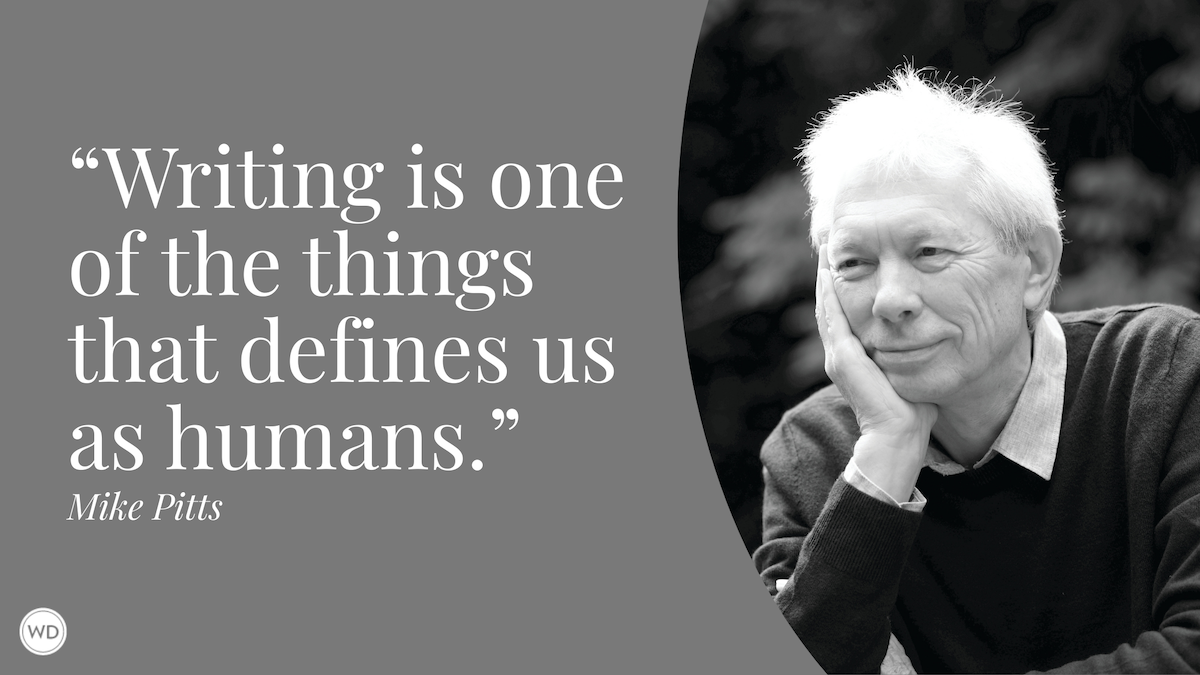Risky Business With Tony Horwitz
Pulitzer Prize winner Tony Horwitz talks about America’s obsession with the Civil War and how he finds great stories by taking chances.
Pulitzer Prize winning journalist and New Yorker staff writer Tony Horwitz hasn't followed your "average" journalist's career path. After graduating from Brown University he worked as a union organizer and didn't pick up the pen until a colorful timber worker inspired an article. Since then, his writerly wanderings as a foreign correspondent have served as fodder for two books: One For the Road: Hitchhiking Across the Australian Outback and the bestselling Baghdad Without a Map, covering his adventures (and misadventures) as a correspondent in the Middle East. His latest work Confederates In the Attic stays closer to home. In it Horwitz probes his own obsession with the American Civil War, and questions why it still plays such a prominent role in Southern culture. Horwitz doesn't find just one answer, but as is typical of his work, what and who he does find is more interesting than the answer he sought in the first place.
Writer's Digest: How did you start your writing career?
Tony Horwitz: I fell in love with an Australian in [Columbia University] journalism school and she carted me off to Australia. While I was there I wrote some stories about travelling the outback and I realized that these would make a nice book [One for the Road]. That developed into book writing as a parallel career which continued, more out of frustration than anything else, when we moved to the Middle East.
My wife is a career journalist. And she had a very good job [in the Mid East] when I did not and all freelancers know the frustration of that. Also, because of her, I was dragged all over the world, which I didn't really plan. So book writing became a safety valve of sanity: I knew that this material, even if it didn't make it into a newspaper or magazine, would [be useful] when I sat down to write my book.
Writer's Digest: Did you write for a wire service?
Tony Horwitz: No, I'd write for anyone who would take my copy. I wrote up cover letters and fired off about 50 packets with the letter and some clips to foreign desk editors in the US. Initially I got a response of one, The Dallas Morning News, and once I'd gotten some clips through them I sent off another enormous batch of packets with more clips. I gradually built it up from there.
I learned to go to places other writers wouldn't, I took chances. I went to places like Yemen, or took off with the Egyptian Camel Corps riding along the border patrols. Taking adventures gave me stories other reporters didn't have and it gave me great material for a book.
A mistake a lot of freelancers make is to do what everybody else is doing, follow the herd. That's in general not a great idea, because why are they going to take your copy when they can get it from their own correspondent, or off the wire? Unless you have some great added value, you're better off trying to go out on your own and doing what others aren't.
The one thing I've learned that has served me well is to take chances, instead of the careerist approach like starting at a little paper, moving up to the statehouse and moving on to Washington. I think you're much more likely to find the interesting stories if you take risks and do stories other people aren't doing. In that way, you have to trust your own instincts, not follow the advice that everyone else is giving youyour parents, your editorwho encourage you to stay on the straight and narrow. And that's a lot more fun. Even if it hadn't worked out, I still wouldn't regret it because I had a fascinating first 10 years of my career. I wouldn't give that back for anything.
Writer's Digest: You've worked as a foreign war correspondent in some pretty tough countries. While researching Confederates in the Attic, a big burly biker almost beat you up. Were you the most scared you've ever been?
Tony Horwitz: I was quite scared, because I really thought that guy was going to beat me through the floor. But my main sensation was that I just felt stupid, I didn't need to be there. I'd survived Beirut and Baghdad and Belfast and all these terrible places and here I was going to get my head beat in, in a bar in Tennessee where I didn't need to be. So I was relieved and had a feeling of embarrassment that I'd gotten myself into it when I finally got out of it.
Writer's Digest: And you still included it in the book.
Tony Horwitz: Oh, yeah. You quickly discover as a writer that the worst experiences make for the best copy. I wouldn't know how to write about a beautiful place. I couldn't write a story on Hawaii. I sort of try to write about bleak places and frightening events. I find that's more compelling to write about than, say, a nice vacation in France.
I like to throw myself into stories. I guess if I have a style it's participatory journalism. I tried to get very involved in this story. One, because I have a passion for the Civil War, but also because the way people remember it involves reenactments and other things that I can see and do. I didn't have to just sit back like an academic and look at it from a distance. I wanted to become a part of this story and understand it from the inside.
Writer's Digest: When you put yourself into the story, how do you decide when you've gone too far?
Tony Horwitz: When you're in a situation where you're going to get your head beat in, that's an instance when you've gone too far.
I think it's an issue of not putting yourself into the story gratuitously. I get annoyed when I read books and it's about the writer, not about the subject. So I think it's important to inject yourself in the story in an appropriate way. I felt it was appropriate in Confederates in the Attic because I share this passion for the Civil War; it seemed appropriate to have me reflecting on this. On the other hand, no one cares what I had for breakfast in Alabama. You have to be careful not to become so self-absorbed that it's just about you. It's a matter of context and balance.
I think most writers who do [participatory journalism] actually go too far, and have too much of themselves in there. If you're a wonderfully engaging and funny character you can get away with that. Hunter Thompson can get away with that because he's insane and wonderful in the way that he writes about himself. But most writers are not Hunter Thompson, so when they try and inject themselves in a gonzo fashion into their stories, there's usually the risk that, as the reader, you cringe a bit and wish [the author] weren't there.
Writer's Digest: How did you research and write Confederates in the Attic?
Tony Horwitz: I spent roughly a year and a half researching and a year and a half writing. Normally I try to write and report at the same time, because I think writing helps you organize your thoughts, think hard about your topic and realize what you do and don't have in terms of material.
I wanted to have a sort of intense journey and I didn't want to break it up with long patches of writing, so I didn't do much writing until I finished the reporting. You never really know when you've finished the reporting except you start hearing the same thing over and over again. My rough draft was 700 pages, so the hardest part was deciding what to leave out and that's typical of writing, you have to cut, cut, cut.
I ended up telling the story chronologically because I felt it was true to the way my own impressions changed. At the beginning I started out kind of nave about the South and its Civil War memory and at the end I was much more knowing. If I'd told it in any other order I think it would have been untrue to my own feelings as the adventure developed. That was a little frustrating because as always happens in reporting, some of the better stuff came out toward the end of the book. As a journalist you want the best stuff up high but I wanted to tell it like it happened.
Writer's Digest: Why do people call Confederates in the Attic a humorous book?
Tony Horwitz: It sounds like a contradiction in terms to say there's a light side to the Civil War, but I hope that there is a lot of humor in [the book]. I tried to use the reenacting as some light relief, and certainly it's got a very amusing side. Most reenactors themselves have a good sense of humor and approach it with a tongue-in-cheek quality.
I tend to notice the absurd contradictions in my reporting. Like when I'm in a biker bar and some guy's threatening to beat me up and I notice they're watching male figure skaters on TV. Life is tragic and funny at the same time and I think that to tell a story in just one note or the other is too monotone. I don't like one-note books.




